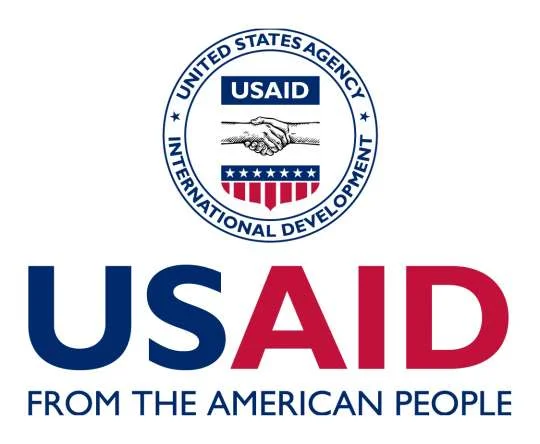The United States Agency for International Development (USAID) hosted a virtual event on January 27, 2021, to celebrate the success of the $41.6 million Feed the Future Agricultural Development and Value Chain Enhancement (ADVANCE II) program. This seven-year initiative supported over 145,000 smallholder farmers in Ghana by enhancing productivity and profitability despite COVID-19 challenges.
USAID/Ghana Deputy Mission Director Janean Davis praised the collaborative efforts with Ghana’s government, private sector, and local organizations. “We worked together to lift communities, building a stronger, self-reliant Ghana,” she said.
The event, attended by Ghana’s Ministry of Food and Agriculture and other stakeholders, highlighted solutions to pandemic-related disruptions, showcasing the program’s impact on agriculture and economic resilience.
Mitigating COVID-19’s Impact on Agribusiness
In May 2020, ADVANCE II conducted a rapid assessment to evaluate COVID-19’s effects on Ghana’s agribusiness sector. The findings guided USAID’s response, including distributing hygiene kits and PPE to 22,650 farmers and launching radio-based COVID-19 awareness campaigns.
The program provided farm inputs like fertilizer to 1,000 farmers through a relief grant and restored disrupted ploughing services.
ADVANCE II also supported 80 outgrower businesses in accessing Ghana’s 600 million cedi Coronavirus Alleviation Program funds. Additionally, 400 women farmers received mobile phones to access digital information, strengthening their networks.
Significant Gains in Crop Yields and Sales
Since 2014, ADVANCE II, implemented by ACDI/VOCA in Ghana’s Northern, North East, Upper East, and Upper West Regions, has transformed agriculture. The program boosted maize yields by 307%, rice by 114%, and soybean by 176%.
It increased product sales by 987,322 metric tons, generating over $146 million. Smallholder farmers saw gross margins rise significantly: maize by 112% ($278 to $589), rice by 254% ($256 to $906), and soybean by 96% ($290 to $569).
By linking farmers to input suppliers, financial institutions, and buyers, ADVANCE II strengthened market systems, fostering resilience.
Strengthening Ghana’s Agricultural Systems
ADVANCE II, the flagship of the U.S. Feed the Future initiative, focused on building outgrower businesses—commercial farmers, aggregators, and traders—to provide services to smallholders.
The program facilitated market linkages with suppliers, equipment dealers, and processors, enhancing the agricultural value chain.
It also promoted locally bred seed varieties, improving crop resilience. Davis noted that partnerships with Ghana’s government and private sector were key to success. The program’s impact extended beyond farming, supporting economic stability in rural areas.
Future Prospects for Ghana’s Agriculture
The ADVANCE II program’s legacy offers lessons for Ghana’s post-COVID recovery. Its success in mitigating pandemic disruptions highlights the value of collaborative, targeted interventions.
The U.S. has invested nearly $19 million in Ghana to strengthen health systems and education alongside agriculture, reflecting American generosity, as Davis emphasized.
As Ghana faces economic challenges, sustaining these gains is crucial. The program’s focus on women and rural farmers sets a model for future initiatives.






